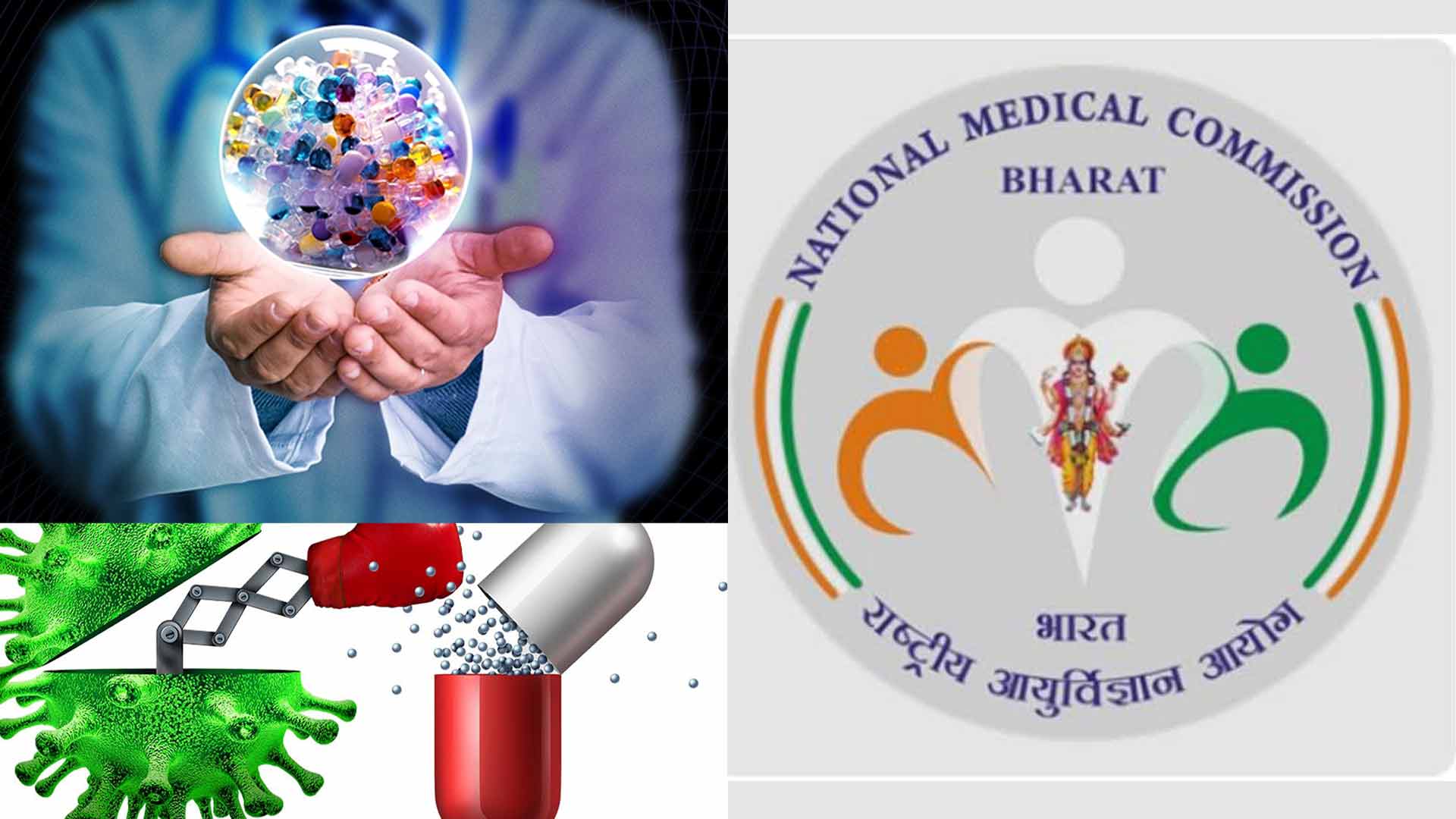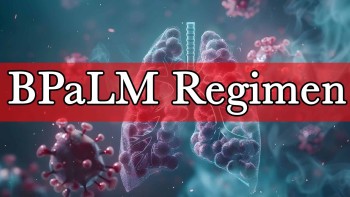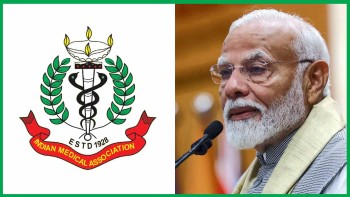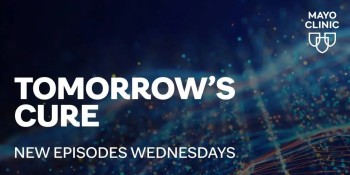New Delhi: The National Medical Commission (NMC), India's regulatory body for medical education and doctors, has issued new guidelines aimed at curbing the rise of antimicrobial resistance (AMR). The recommendations, detailed in a comprehensive 156-page document titled "National Action Plan on Antimicrobial Resistance (NAP-AMR) Module for Prescribers," focus on ensuring antibiotics are prescribed based on diagnostic tests and clinical evaluation.
Key Recommendations:
- Diagnostic Tests Before Antibiotics: The guidelines stress that antibiotics should not be administered before conducting diagnostic tests. Empiric antibiotic therapy—treating patients without knowing the exact pathogen—should be reserved for seriously ill patients only.
- Appropriate Prescribing Practices: Antibiotics or antimicrobials should be prescribed based on clinical evaluation and the most likely pathogens. This practice helps in selecting the right treatment and reduces the misuse of antibiotics.
- Clinical Approach for Prescribing: Prescribers are advised to take thorough patient histories, conduct detailed clinical examinations, and use a syndromic approach to diagnose infections. This approach includes considering various infection presentations such as febrile illness with rash, jaundice, neurological symptoms, respiratory issues, and more.
Addressing the AMR Challenge: The World Health Organization (WHO) has identified India as having one of the highest infectious disease burdens globally, exacerbated by the inappropriate use of antibiotics. AMR occurs when microorganisms like bacteria, viruses, fungi, and parasites develop resistance to drugs, making infections harder to treat and increasing the risk of severe illness and death.
Statistical Insight: An analysis by the University of Washington and the University of Oxford highlighted that in 2019, India experienced 2,97,000 deaths directly attributable to AMR, with a total of 10,42,500 deaths associated with it. This alarming data underscores the urgent need for responsible antibiotic use.
Guidelines Overview: The NAP-AMR module, developed by a panel of experts, provides detailed instructions on various aspects of antimicrobial resistance, including:
- Microbiological Diagnostic Stewardship: Ensuring correct sample collection, understanding infection versus colonization, and utilizing rapid diagnostic tests.
- Antimicrobial Sensitivity Testing (AST): Interpreting AST results to guide appropriate antibiotic use and implementing selective and cascade reporting to minimize unnecessary broad-spectrum antibiotic use.
- Hospital Antimicrobial Policies: Developing policies that define prophylaxis, empirical, and definitive therapy. These policies should include specific recommendations for treating high-risk groups, hospital-associated infections, and community-associated infections.
Infection Control Measures: Infection control is a critical component of the guidelines. Healthcare facilities are urged to implement comprehensive infection control programs, including hand hygiene, isolation procedures, and environmental cleaning, to prevent the spread of infections.
Economic and Clinical Impact: AMR leads to increased morbidity and mortality, longer hospital stays, higher healthcare costs, and limited treatment options. The NAP-AMR module emphasizes the importance of a multi-pronged approach, including surveillance, stewardship, infection prevention, and research and development.
NMC's Strategic Priorities: The guidelines align with the WHO's Global Action Plan on AMR and India's national needs. They focus on improving awareness, strengthening knowledge, reducing infection incidence, optimizing antimicrobial use, promoting investments, and enhancing leadership on AMR.
Practical Tips for Practitioners:
- Accurate History and Examination: Take detailed patient histories and conduct thorough clinical examinations to make informed decisions about antibiotic use.
- Sample Collection Before Treatment: Collect samples before starting antibiotics to ensure accurate diagnosis and effective treatment.
- Empiric Therapy for Severe Cases: Limit empiric antibiotic therapy to seriously ill patients, guided by local antibiograms.
Conclusion: The NMC's new guidelines, released on 14th June 2024, are a significant step towards combating AMR in India. By emphasizing diagnostic tests before antibiotic use and promoting responsible prescribing practices, the NMC aims to preserve the effectiveness of antimicrobial agents and protect public health. These guidelines are now available on the NMC's official website.
These comprehensive guidelines are designed to be easily understood and implemented by medical practitioners across India, ensuring a positive shift towards responsible antimicrobial use and better patient outcomes.
To go through the whole module, you can click the following link to read the entire document.






Recent comments
Latest Comments section by users